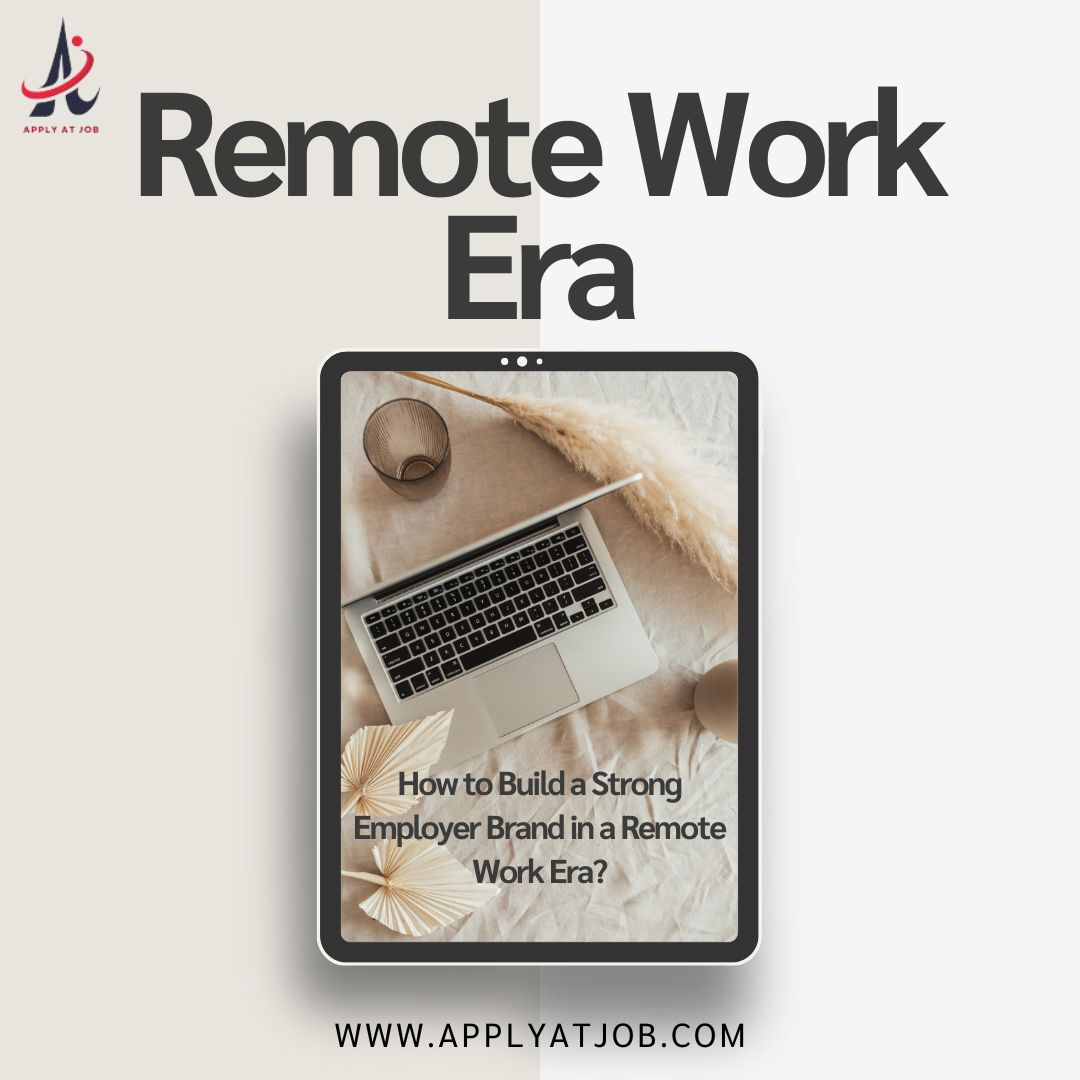Curriculum Vitae (CV) is Latin for "Course of Life." It is a document that contains a complete account of a person's educational and professional background. A CV for students often includes information about academic accomplishments, extracurricular activities, employment experience (if any), abilities, and other pertinent details. A student CV typically includes the following sections:
1. Contact Information:
Include your entire name, phone number, email address, and, if applicable, your home address.






